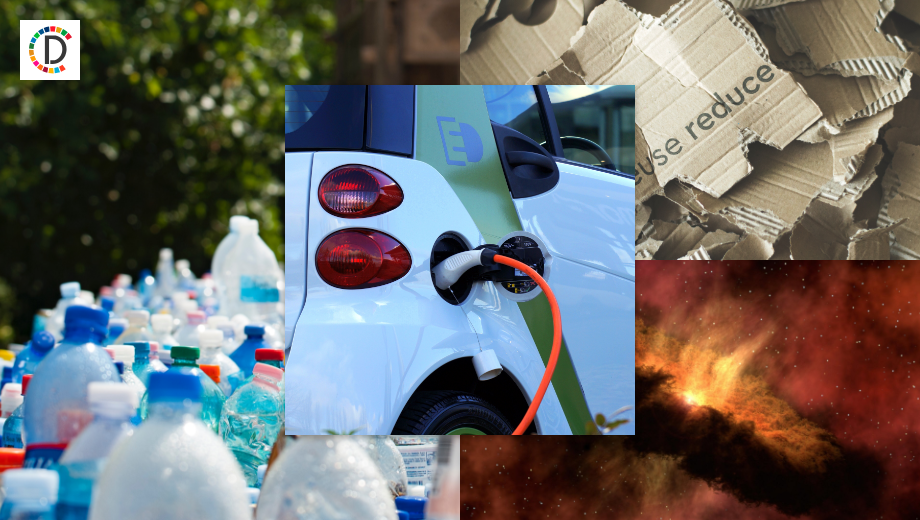EXCLUSIVE-Seoul mayor calls for South Korean nuclear weapons to counter threat from North
South Korea should build nuclear weapons to bolster its defences against North Korea, even at the risk of international repercussions, the mayor of its capital city said, arguing that the country cannot be bound by the goal of denuclearisation. In an exclusive interview with Reuters, Seoul Mayor Oh Se-hoon added new fuel to a growing debate over how South Korea should arm itself as the North races to perfect its capability to strike the South with tactical nuclear weapons.

South Korea should build nuclear weapons to bolster its defences against North Korea, even at the risk of international repercussions, the mayor of its capital city said, arguing that the country cannot be bound by the goal of denuclearisation.
In an exclusive interview with Reuters, Seoul Mayor Oh Se-hoon added new fuel to a growing debate over how South Korea should arm itself as the North races to perfect its capability to strike the South with tactical nuclear weapons. "North Korea has nearly succeeded in miniaturising and lightening tactical nuclear weapons and secured at least dozens of warheads," Oh said. "We've come to a point where it is difficult to convince people with the logic that we should refrain from developing nuclear weapons and stick to the cause of denuclearisation."
He has raised the issue before, saying in February that the South should keep the nuclear option available. But his new comments are his strongest yet. Oh, an influential member of President Yoon Suk Yeol's conservative People Power Party, is one of the highest-profile officials to actively advocate for a South Korean nuclear weapons programme.
He is seen as a likely contender for the presidency in 2027. As mayor, he oversees Seoul's annual civil defence drills and an integrated security mechanism aimed at protecting a metropolitan area that is home to nearly half of the country's 51 million people. Amid advances in North Koreas' military and doubts over the U.S. commitment or ability to protect the South, a growing number of senior South Korean officials have raised the possibility of developing nuclear weapons or redeploying American tactical nuclear bombs and missiles, which were withdrawn from the Korean Peninsula in the 1990s.
As a candidate, Yoon proposed the U.S. redeployment option, but his administration has since said it remains committed to denuclearisation and would reinforce combined conventional defences with the U.S. Surveys, however, show unprecedented levels of public support in South Korea for the once unthinkable idea of a homegrown nuclear arsenal.
In a poll released on March 1 by Data Research, more than 70% of South Koreans supported developing nuclear weapons with 27% opposed; 59% said North Korea would probably use nuclear weapons if war breaks out on the peninsula. Oh said the Ukraine crisis has cemented his conviction that denuclearisation has lost its appeal, and that nuclear weapons would be the most effective deterrent against the North.
"Russia freely violates Ukraine's airspace, flying bombers and firing missiles ... but Ukraine barely attacks Russian territory because of the psychological inferiority to a nuclear state," Oh said. He dismissed opponents who warned of punishments from other countries, including sanctions, saying a South Korean nuclear programme would send a message to countries like China to curb the North's military buildup.
"There may be some initial resistance from the international community, but I believe that it will gain more support eventually," he said. A former senior U.S. official said the increase in rhetoric from the Yoon government seems driven by a desire to pressure the United States into giving South Korea more say in nuclear planning.
Yoon has said U.S. extended deterrence is "falling short of convincing" South Koreans, and Washington has agreed to establish more information-sharing and conduct tabletop drills to enable greater allied cooperation. In a report this month, Lee Sang-hyun, president of South Korea's Sejong Institute, said that Yoon is not seriously considering a nuclear programme and that a return of American weapons was also unlikely.
"However, the Yoon government's nuclear non-proliferation stance has shown small but significant signs of change in recent months," he wrote. "If North Korea's nuclear threat becomes more visible and South Korea takes its own path to nuclear development, it will signal the start of a nuclear domino effect in Asia."
(This story has not been edited by Devdiscourse staff and is auto-generated from a syndicated feed.)










